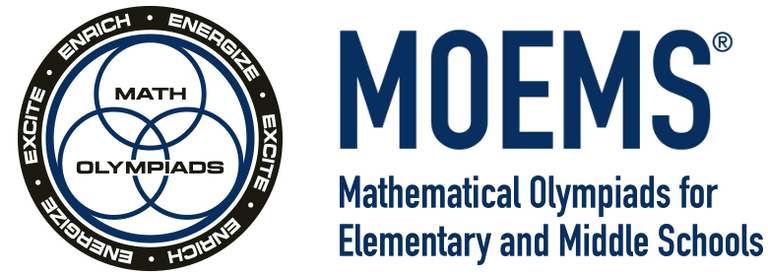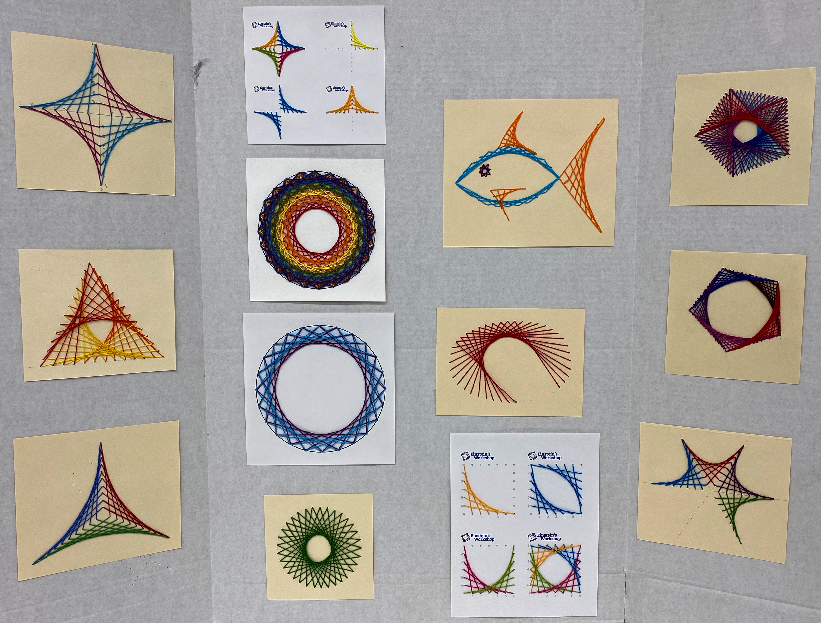Math Club

Math Club for Grades 4-8
The goal of Einstein’s Workshop’s Math Club is to teach the joy of mathematical problem solving to kids in grades 4-8. We also explore areas of math not usually taught until college including higher dimensional geometry, group theory, graph theory, probability, and topology.
Classes combine self-paced exercises, instruction, and interactive learning opportunities. Students have the opportunity to take the elementary and middle school Math Olympiad competitions and the Math Kangaroo competition.
“Jeremy loves math club A LOT. He likes math in general. He goes to AOPS as well; but math club holds a very special place in his heart, and it’s something he looks forward to every week. He was disappointed during the spring break after learning that there’s no math club that week lol.
Thank you for everything you do!!”


Meeting Times and Location
Classes are hosted at Einstein’s Workshop on weekday afternoons and evenings and on weekends. Please click here to register. Email mathclub@einsteinsworkshop.com or call 781-202-5645 for more details.
Enrollment is on a rolling basis so it’s never too late to join Math Club or Math Club Jr!
Math Club Jr. (Grades 1-3)
Welcome to the secret world of mathematicians! Mathematicians play by asking interesting questions and investigating possible solutions. Think like a mathematician, experiment with ideas, and see what you can discover. Through hands-on activities, explore areas of math not usually taught until college. Visit lands of higher dimensional geometry, tessellations, graph theory, group theory, probability, and topology. From brain-teasers to creative exploration, this class will engage you in the playful side of math.

How Math Club is Different from Other Extracurricular Math Options
The Elementary and Middle School Math Olympiads are a great introduction to the world of math competitions. For non-competitive mathletes, they are a good source of interesting math problems that aren’t typically encountered in school. In addition, Math Club introduces math that kids don’t usually encounter in school. Math Club introduces kids to the playful side of math!
How Math Club Jr. is Different from Other Extracurricular Math Options
Math Club Jr. follows a Math Circle format where kids engage in hands-on exploration of math topics not usually taught until college that are nevertheless completely accessible to kids.
Age Ranges
Math Club is aimed at kids in grades 4-8 because it’s meant to prepare kids for the Elementary and Middle School Math Olympiad contests which are designed for kids in grades 4-8.
Math Club Jr. is aimed at kids in grades 1-3.
Math Club Meeting Times
What Happens in Math Club Meetings?
Unlike most extracurricular math classes that consist mainly of lectures and problem solving, Math Club meetings follow the time-honored approach that The Math Club in Lexington used for over twenty-five years. At the start of each class, students receive problem sets containing problems that span the full range of difficulty from the Elementary Math Olympiad (grades 4-6) and the Middle School Math Olympiad (grades 6-8).
Students spend the first hour exploring the problem sets based on their proclivities–in teams, alone, or in consultation with instructors or teaching assistants.
In the final half hour, each student has the opportunity to present their solution to one or more of the problems. This gives students the opportunity to both teach and learn from each other and also to hone their ability to explain mathematical concepts.
Frequently, instructors take a few minutes to cover a specific topic in more detail. Most of the topics relate directly to a specific category of Math Olympiad problems. A few topics, based on the whimsy of our instructors, will give students novel insights into mathematics or new problem/puzzle solving techniques.
After the conclusion of the MOEMS season in March, Math Club transitions to a Math Circle format where kids engage in hands-on exploration of math topics not usually taught until college that are nevertheless completely accessible to kids.
Contest Days
There are five contest days, November through March, in which students will have the opportunity to take either or both of the 2024-2025 school year Elementary and Middle School Math Olympiad competitions.
Middle school students will have a chance to practice the AMC8 on competition days after completing their MOEMS Division M contest.
Contest Practice Days
Each of the five weeks just prior to a contest will have a slightly different format in which students will work on mock contests at both levels with problems taken from prior Math Olympiad contests. Students will have an opportunity to present solutions as usual.
Celebrating Hard Work
At the end of the year, we have a potluck awards ceremony to celebrate all the hard work of our budding mathematicians.
About Us
Instructor Dean Chung was a 1991 United States of America Mathematical Olympiad winner, an author of the Daily Epsilon of Mathematics calendar series, and has served as an instructor for Math Olympiad teams for three years. He has a PhD in mathematics from the University of Michigan and an AB in mathematics from Harvard College.
Instructor Aaron Ashish, math ninja, has been an instructor at Einstein’s Workshop for ten years. He has a PhD in mathematics from Duke University and a BS in mathematics from MIT.
TAs are former students of The Math Club Lexington who bring their enthusiasm and prior experience with the Math Olympiad to our students.
Director Rebecca Rapoport, owner of Einstein’s Workshop, a STEAM enrichment center, is the author of Math Lab for Kids, The Kitchen Pantry Scientist: Math for Kids, and the Daily Epsilon of Mathematics calendar series. She has degrees in mathematics from Michigan State University and Harvard College.

